""If I believe that I need others' approval, I've already turned my back on myself."
- Kate Swoboda, YourCourageousLife.com
I spoke at a university event and asked the student organizer what she was going to school for. "Oh, finance," she answered.
"So working with numbers really lights you up then?" I said. She didn't understand the question.
"What do you mean?" she replied.
"I mean, are you stoked about finance? Do you love that world?"
Based on her blank expression, I was afraid of what she was going to say. And sure enough: "Oh, God no. I pretty much hate it. But being an accountant is good money. And my dad wants me to do this. And he's paying my tuition." And she just shrugged, as if it all made perfect sense.
I saw two things in her future: A Mercedes. And Prozac.
Listen to me: I've had thousands of conversations on variations of fulfillment and success with young adults, and old adults, and adults with arrested development just acting like adults. And I can tell you this with lucid certainty based on massive evidence of regret: Do NOT do shit just to please your parents. In fact, do not pursue anything in order to just please someone else. Ever.
You will die inside. You will grind to a slow halt and the lethargy of your spirit will weigh down your every damn day. You'll be sleeping with someone that you don't totally respect and utterly adore; you'll have an artless condo full of crap from CostCo that you don't really need; you'll count the clock until wine time. And one day you might wake up and think to yourself: Fuck. I did this for them. Where am I?
The excruciating regret of which I speak is an epidemic, of course. We know this. It's been happening for all of time, and it probably always will. Pleasing. Others. At the cost of our vitality.
So don't do it. You've heard it before, you'll hear it again. From commencement speeches given by entrepreneurial renegades. From the artists and the mavericks. From the everyday seekers who lifted themselves from regret to living -- full on. The people who love you enough to want every kind of liberation for you will tell you this: Don't do it for me.
And maybe today is the day, and these are the right pixels at the right time to inspire you to choose... your happiness.
I can also tell you this, based on the previously mentioned lucid certainty, based on massive evidence of fulfillment:
When you choose your happiness, you become infinitely more productive, useful, and magnetic to those around you. You enable yourself to truly be of service.
So let me repeat it:
Do not do shit just to please your parents.
In fact, do not pursue anything in order just to please someone else. Ever.
To Freedom. Fight for it if you must. " - Danielle laPorte blog (Danielle's blog link )


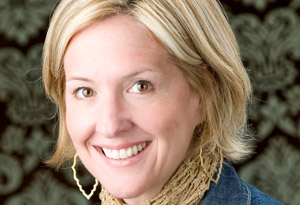
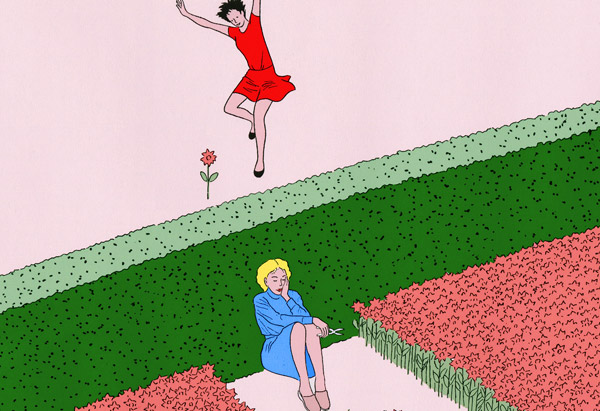

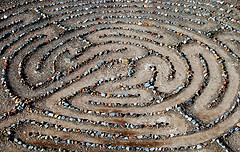


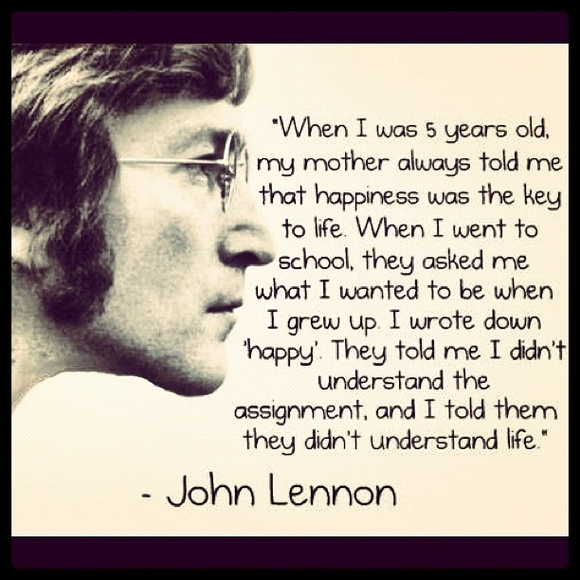


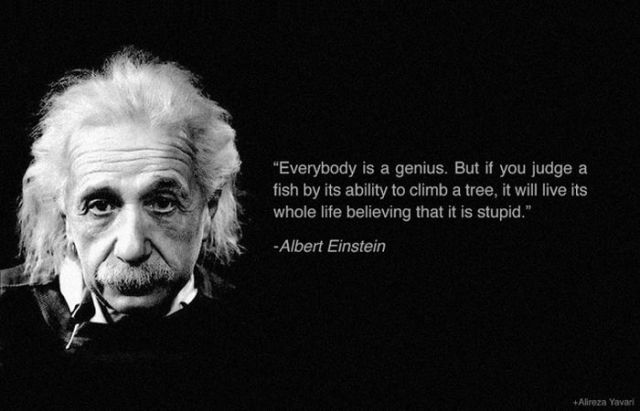


.jpg)